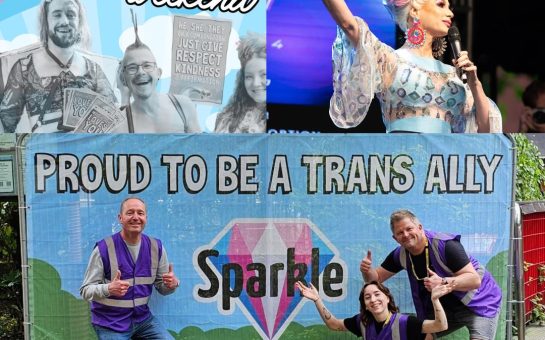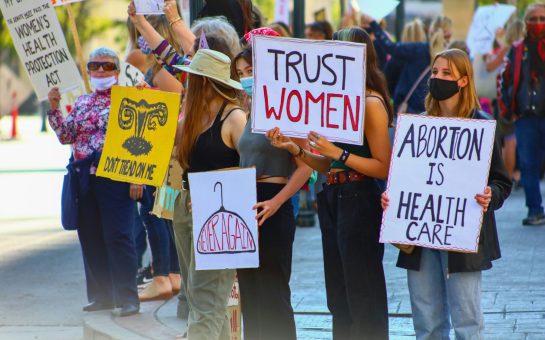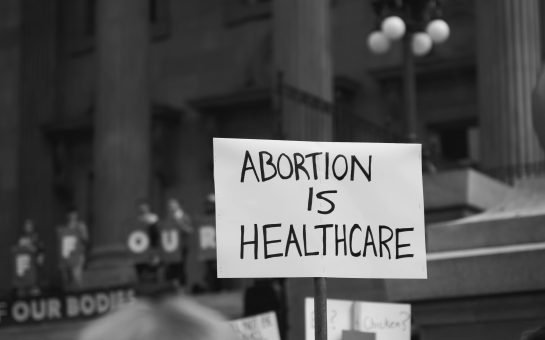When many think of feminism it’s usually referred to as the first, second, third – and what some consider as the fourth-wave of feminism today.
The word feminism has in the past been associated with negative stereotypes such as feminists wanting to take over, they’re man haters, or that they’re aggressive.
This has put some people off calling themselves feminists, with fears of being associated with the negative connotations, even if they align themselves with equality.
According to a 2018 YouGov Poll, only 34% of women in the UK would consider themselves to be feminists, whilst 51% wouldn’t, and 15% were unsure.
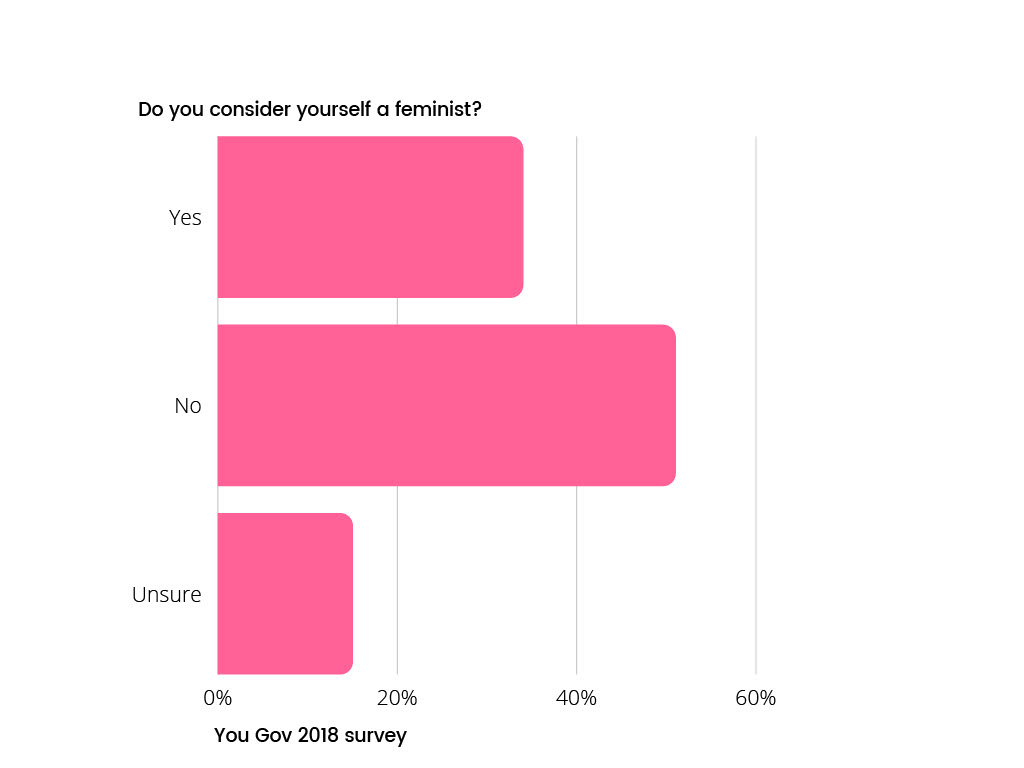
This could be for a number of reasons, and may not mean they are against the movement, but the same survey also showed 56% still viewed feminism as important, highlighting that the issues surrounding feminism may stem back to the word feminist.
Many of the negative stereotypes have derived from anti-suffrage campaign material and anti-feminist groups, which perpetuated the narrative that women were angry, manly, and didn’t want equality for men.
There has also been criticism over referring to feminism in waves by feminist scholars who have argued that it is misleading and limiting, because it misses out the stages in between or before the 19th century, and sticks to the same narrative, excluding women of colour.
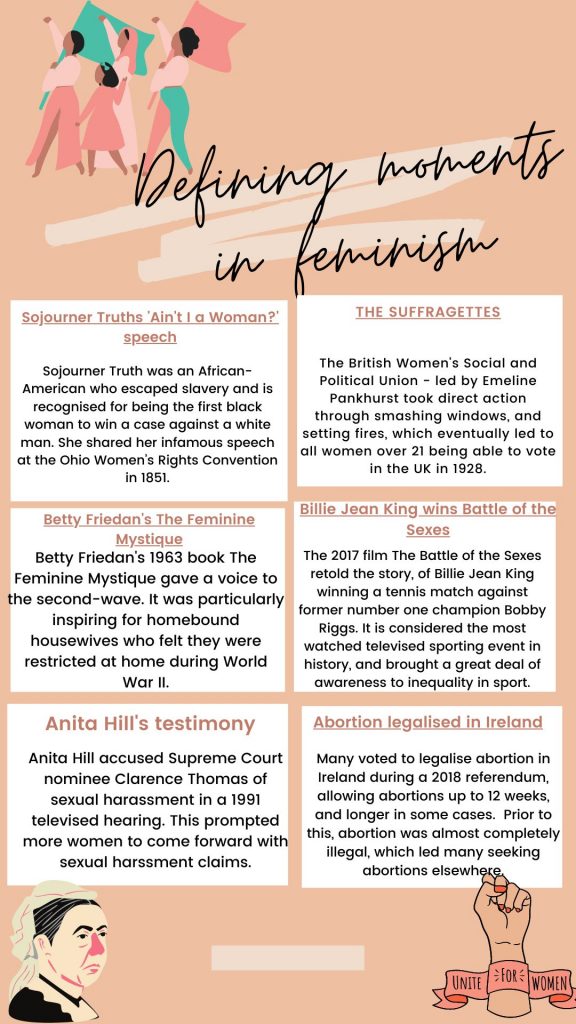
This has led to intersectional feminism, focussing on women of colour and marginalised groups within society, although the second-wave did move towards tackling issues surrounding cultural inequality and gender norms.
Referencing feminism by mentioning waves does on one hand refer to crucial milestones for women such as the first-wave know as the period women gained the right to vote during the 19th century, and overturned many legal inequalities.
Third-wave feminism challenged sexist words, images, beauty, sexuality, femininity, and views on gender identity, but it was also met with criticism surrounding sexualised behaviour, and questions as to whether it demonstrated oppressive behaviour.
Feminism has come a long way since its inception and has paved the way for women’s rights through numerous movements and ideologies, but women still continue to fight for women’s rights today.
When it was revealed in 2017 that Harvey Weinstein had sexually assaulted women in the entertainment industry, as far back as the 1970s, many sexually assaulted women from all over the world used the #MeToo, recognised as giving prominence to fourth-wave feminism.
It was only in November 2020 when new abortion laws in Poland still only allowed abortion in rape cases, incest cases, if a woman’s life or health was at risk, or if the foetus had a disability.
This sparked large protests in October 2020, after years of trying to fight against making abortion illegal all together.
It’s clear that each feminism movement and the varying ideologies carry their own problems, or aspects that still need to change, but as more and more women across the world continue to fight, what’s next for feminism?
I spoke to three feminists who each shared their stories, and whether stereotypes still ring true.



Main photo – Sian Norris at Bristol Women’s Literature Festival
